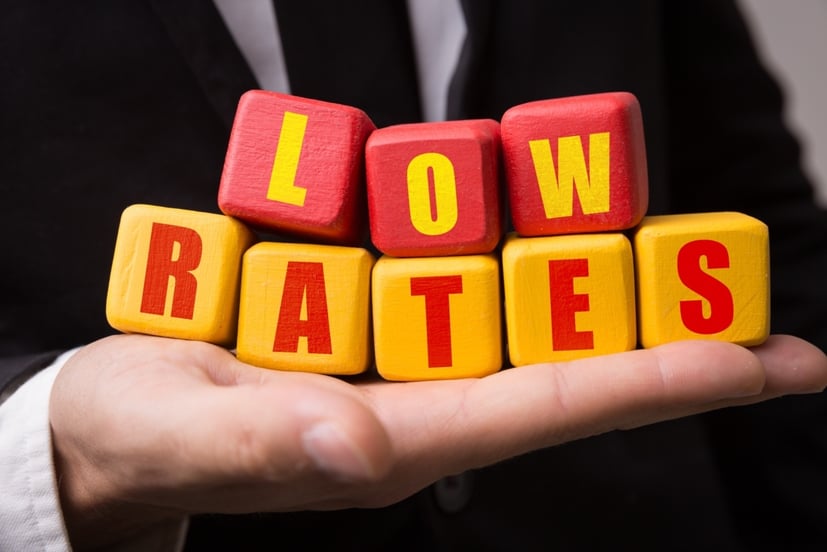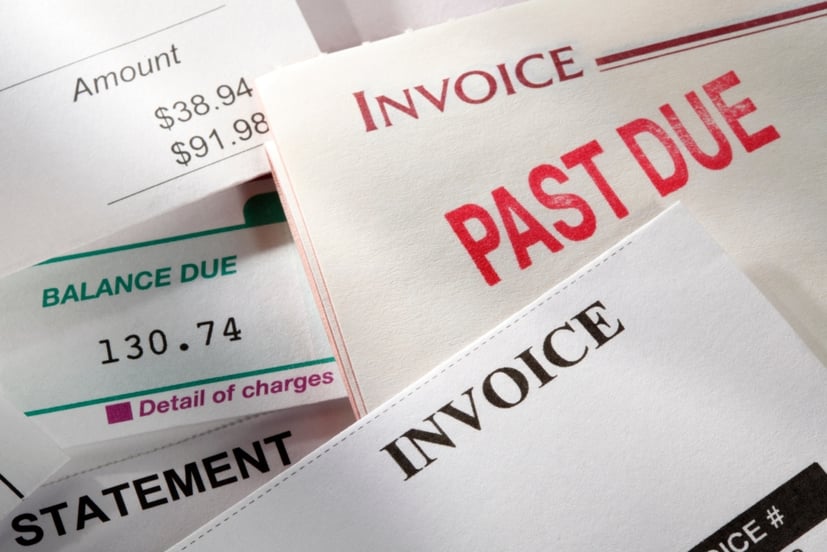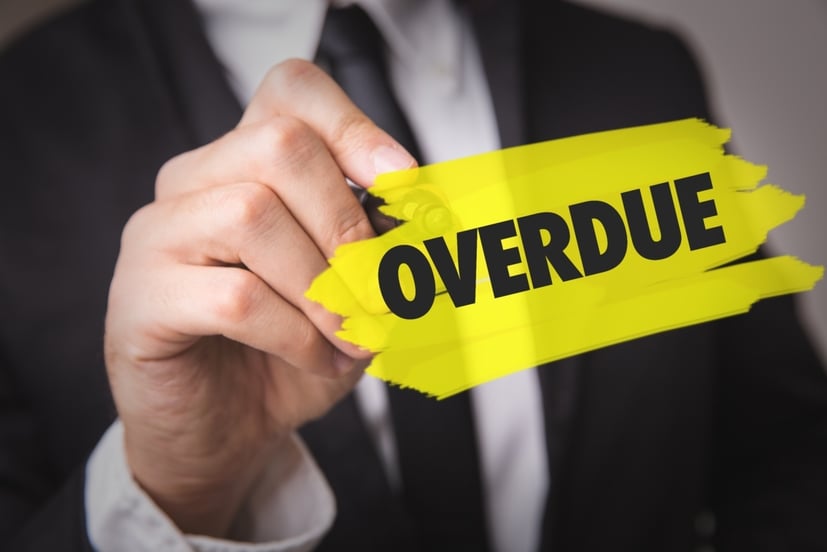
5 Questions to Determine if You Know the Smartest Way to Use a Credit Card
What’s the smartest way to use a credit card? Responsibly. In order to take advantage of credit, raise your credit score, and get rewards through your spending – you must first master responsible credit card usage. If you answer yes to each of the below five questions, you’re off to a great start!
1. Do you have less than 5 cards in your name?
Once you open one credit card, it seems like every other company pushes you to open their credit cards as well. It can be tempting to take advantage of these offers, but the most responsible course of action is to limit the number of credit cards in your name. You really only need 2-3 credit cards. One example is to have one credit card you use regularly to take advantage of cash rewards. Then have a second credit card available only as back-up.
Credit bureaus can also lower your credit score if they see you opening too many credit card accounts within a short time frame. Lower credit scores equal lower credit limits and higher interest rates – so avoid falling into this trap.
Side note:
If you have more than our recommended number of cards open in your name – don’t close the accounts! Just cut up the card so you aren’t tempted to use it. Keeping the account open will help your credit score even if you aren’t actively using it.
2. Did you put thought into choosing credit cards with low interest rates and/or rewards that fit your lifestyle?
 Find out the differences between 7 types of credit cards here.Not all credit cards are created equal. Some have cash back rewards when you spend money, some have extremely low interest rates, and the list goes on. You have to decide what card has the best combination of reasonable rates and rewards that will benefit you. We always recommend searching for the lowest possible interest rate first, although if you pay your balance in full every month – rewards cards could also be extremely beneficial.
Find out the differences between 7 types of credit cards here.Not all credit cards are created equal. Some have cash back rewards when you spend money, some have extremely low interest rates, and the list goes on. You have to decide what card has the best combination of reasonable rates and rewards that will benefit you. We always recommend searching for the lowest possible interest rate first, although if you pay your balance in full every month – rewards cards could also be extremely beneficial.
3. Do you always pay off your balance at the end of the month?

Every single time you leave a balance unpaid at the end of the month, your interest rate kicks in. The longer you leave a balance, the bigger the balance becomes. This can easily become overwhelming. That’s why we always recommend paying off your credit card balance in full every month, rather than making the ‘minimum’ payment amount listed on the bill.
If you’re worried about putting too many purchases on your card, only use the card on needs rather than wants. You know you have to buy groceries and gas. So instead of paying in cash or via debit card, use your credit card. This is an easy way to keep your spending in check.
If you used your card to make a larger purchase, like a vacation or new appliance, it’s okay. One of the main benefits of credit is that it gives you leverage to make these purchases without having to save up cash up front. Just make sure you have a plan to pay these balances off as fast as possible.
4. Do you always make your payments on time?

Late payments not only tack on interest on the unpaid balance, but you’ll also be charged a late fee. If the choice is to only pay the minimum payment amount or make no payment – always make the payment! Late fees are annoying, but the real kicker is that the late payment will be reported to credit bureaus. Late payments can lower your credit score and hurt your chances of getting approved for attractive loans in the future.
5. Do you stay under the recommended credit utilization ratio?

This is one of our favorite hacks when using a credit card to increase your credit score. The credit utilization ratio makes up almost a third of your FICO credit score – which is a sizable chunk. The ratio measures how much credit you are utilizing in comparison to how much credit you have access to. The goal is to keep the amount you use much lower than your total credit limit.
You could pay your balance in full. You could pay your balance on time. But if you aren’t hacking the credit utilization ratio – your credit score won’t improve. Keep all balances on your credit cards under 30% of your total credit limit. For example, if your credit limit is $1000, never have a balance over $300 on the card. This can also help you with responsible usage, since it limits how much you can put on any one card.
If you want to automatically lower your ratio, ask your current credit card for a credit limit increase!
Did you answer yes to all five questions?
Then you are right on track for smart, responsible credit card usage! If not, make a plan to change your credit card habits and get smart about how you use them.
Interested in a more holistic approach?
If you want to know the smartest way to manage all your finances, not just your credit cards – take our FREE personal financial analysis. Our experts will evaluate your debt and let you know if you could save money by restructuring that debt in a smarter way. Get your analysis now!
-2.png?width=300&height=65&name=AFCU-logo-2019-white-sm%20(1)-2.png)